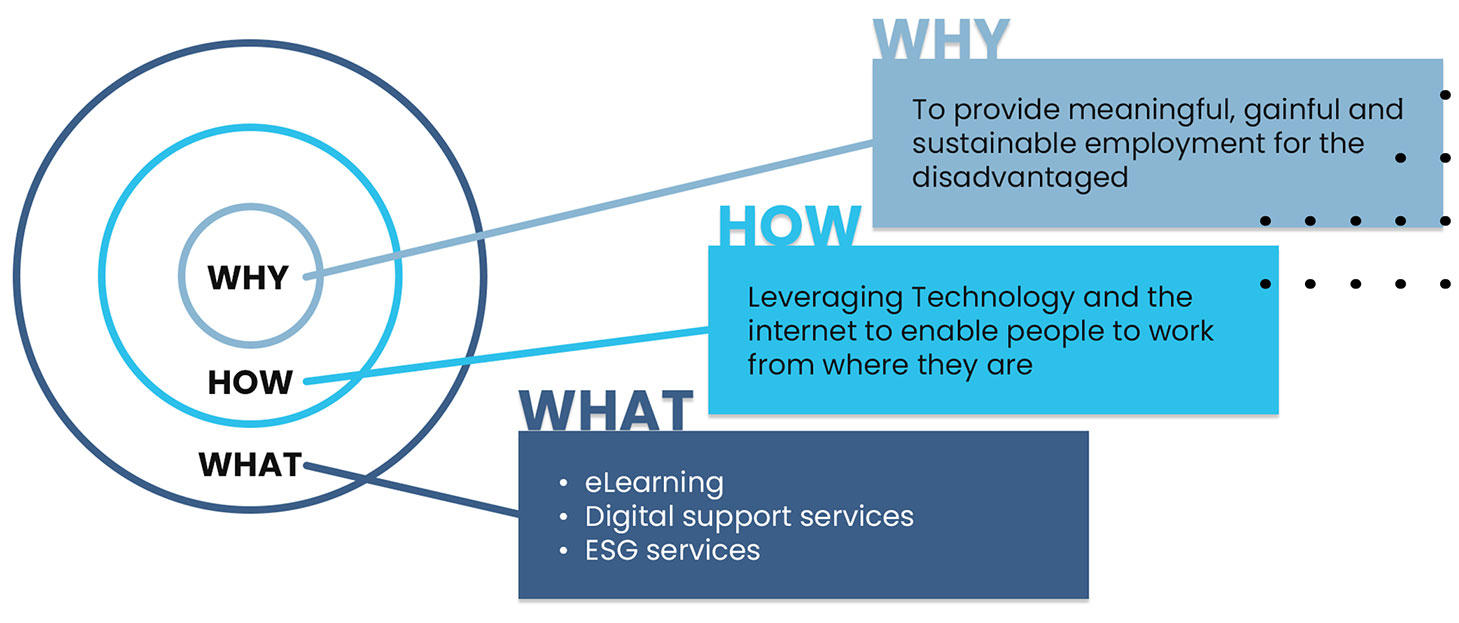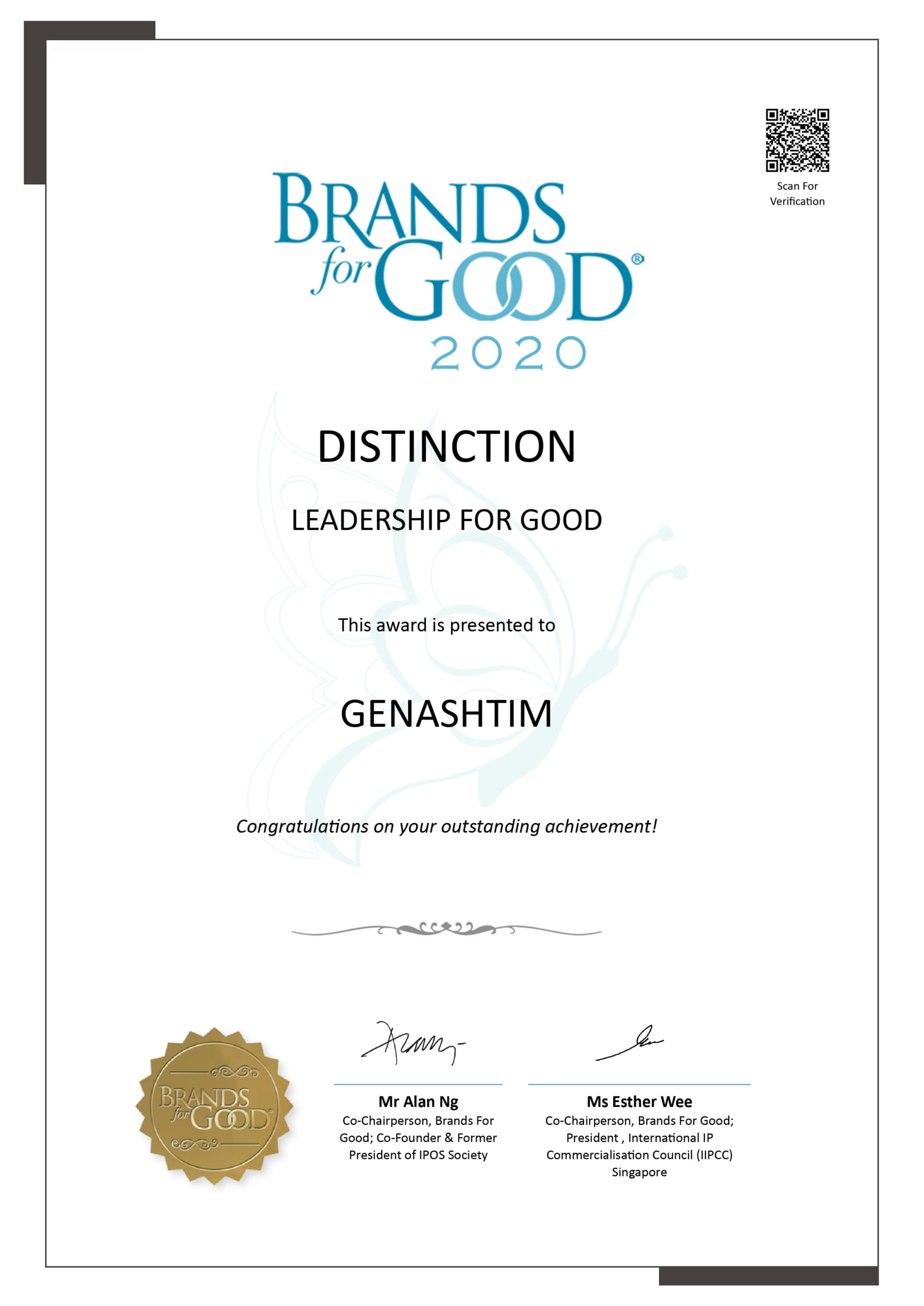Friendships Between Coworkers, Right or Wrong?

Friendships are part of school life. Similarly, are friendships part of work life?
Our first friendships are formed in school. Classmates and schoolmates double up as mates, and we form lasting friendships. When we enter the workforce, can we form friendships with the people we work with, or would it be inappropriate?
How about friendships with our remote colleagues at Genashtim?
I am friends with the two ladies in my team – Faryal Batool and Catherine So. The weekly coffee sessions brought us closer. We got to know each other’s likes, dislikes, and eased into each other’s lives a little bit – we laughed, shared, and bonded through it all.
The best part for us?
Our working relationship improved as we are on board with each other’s working styles and quirks.
Personally, I discovered that friendships in the workplace can make work more enjoyable, strengthen collaboration, and create a positive work culture. I also understood that the workplace adds layers of professionalism that must be respected.
To answer the bigger question of whether being friends with our remote colleagues at Genashtim is advisable, let’s look at some insights.
Challenges to friendship among colleagues
Navigating friendships at work can be tricky due to:
- Generational gaps – Different values, communication styles, and priorities across age groups can lead to misunderstandings.
- Hierarchy – Power dynamics between managers and subordinates can make friendships feel cautious or one-sided.
- Competition – When colleagues compete for promotions or recognition, it can create tension and test loyalty.
- Different work styles – Varying approaches to deadlines, collaboration, or problem-solving may cause friction.
- Personal boundaries – Some prefer to keep work and personal life separate, which can limit closeness.
- Remote or hybrid setups – Less in-person interaction can make building or maintaining genuine connections more challenging.
To build strong friendships at work, especially at a remote-first company like Genashtim, communicate openly and show genuine interest beyond tasks. Be intentional – scheduling virtual coffee chats or casual check-ins can build rapport. Respect boundaries, celebrate wins, and maintain professionalism to nurture trust and bonding.
What should the relationship between our coworkers be like?
- Professional First: Every interaction must be rooted in respect, reliability, and fairness. A professional base ensures trustworthiness and smooth collaboration.
- Friendly Second: Warmth and camaraderie make the workplace enjoyable. Genuine kindness helps teams communicate openly and support each other. Appropriate emojis, stickers, and GIFs convey emotions and body language through the screen, perfect for remote colleagues to display comedic timing and distinct personalities.
- Balanced: Keep friendships healthy by avoiding favoritism, gossip, or exclusive cliques. A fair and inclusive environment keeps morale and teamwork strong.
When colleagues become more than friends
At Genashtim, we have a power couple – Mariecell Esguerra and Jett Esguerra. They started as remote colleagues before love united them in holy matrimony in 2019.
Just like Mariecell and Jett, people meeting their partners at work happens, but it can be delicate. Some organizations have policies that restrict or discourage workplace relationships (especially between supervisors and direct reports) to avoid conflicts of interest or perceptions of unfair advantage.
Before pursuing romantic relationships at work, these best practices are crucial:
- Transparency – If your company requires it, disclose the relationship to HR or management early on. Being open protects both parties from potential misunderstandings or disciplinary issues.
- Professionalism at work – Keep personal matters outside the office. Maintain focus on responsibilities and performance to ensure respect and trust from your colleagues.
- Boundaries – Even when in a relationship, treat everyone equally. Fairness and consistent professionalism help prevent perceptions of favoritism in team dynamics.
How to best approach workplace relationships
- Keep communication open: Talk with your friend or partner about expectations and boundaries. Clear communication helps prevent emotional tension from spilling into work life.
- Respect diversity in comfort levels: Not everyone seeks deep friendships at work, and that’s okay. Recognize different boundaries and allow others the space they need to stay comfortable.
- Focus on inclusion: If you’re close with one or two colleagues, make sure others still feel welcomed and included. Balance social interactions to help maintain harmony and team spirit.
How Genashtim is different
Genashtim is a for-profit, remote-first social enterprise that employs disadvantaged individuals, especially people with disabilities (PWDs). Our colleagues also hail from more than 40 countries. Given these unique circumstances, special considerations are indispensable when forming friendships with coworkers:
- Be mindful in remote and global teams – With colleagues across countries and time zones, being flexible and considerate of cultural differences are essential. Small gestures, like checking in or sharing appreciation, help bridge distance and build genuine friendship.
- Acknowledge accessibility needs: Being sensitive to colleagues with disabilities at Genashtim is a work culture that extends to workplace friendships.
- Ensure inclusion: It’s our responsibility to ensure that everyone can participate equally, both in meetings and social interactions.
- Practice kindness: Empathy makes Genashtim a truly inclusive workplace where we constantly try to help each other, feeling the pain and predicament our disabled colleagues face as buddies, while growing together.
- Apply greater understanding: Apart from different disabilities and abilities, we hold vastly different values influenced by culture, religion, and community. So, when engaging as friends at work, always express respectful curiosity, and cultivate a better understanding of our coworkers.
Conclusion
Strong workplace friendships grow from respect, empathy, and open communication. Whether in person or online, make the effort to listen, include, and uplift your colleagues-turned-friends. Meaningful connections at work make every challenge easier and every success sweeter.

















































































































